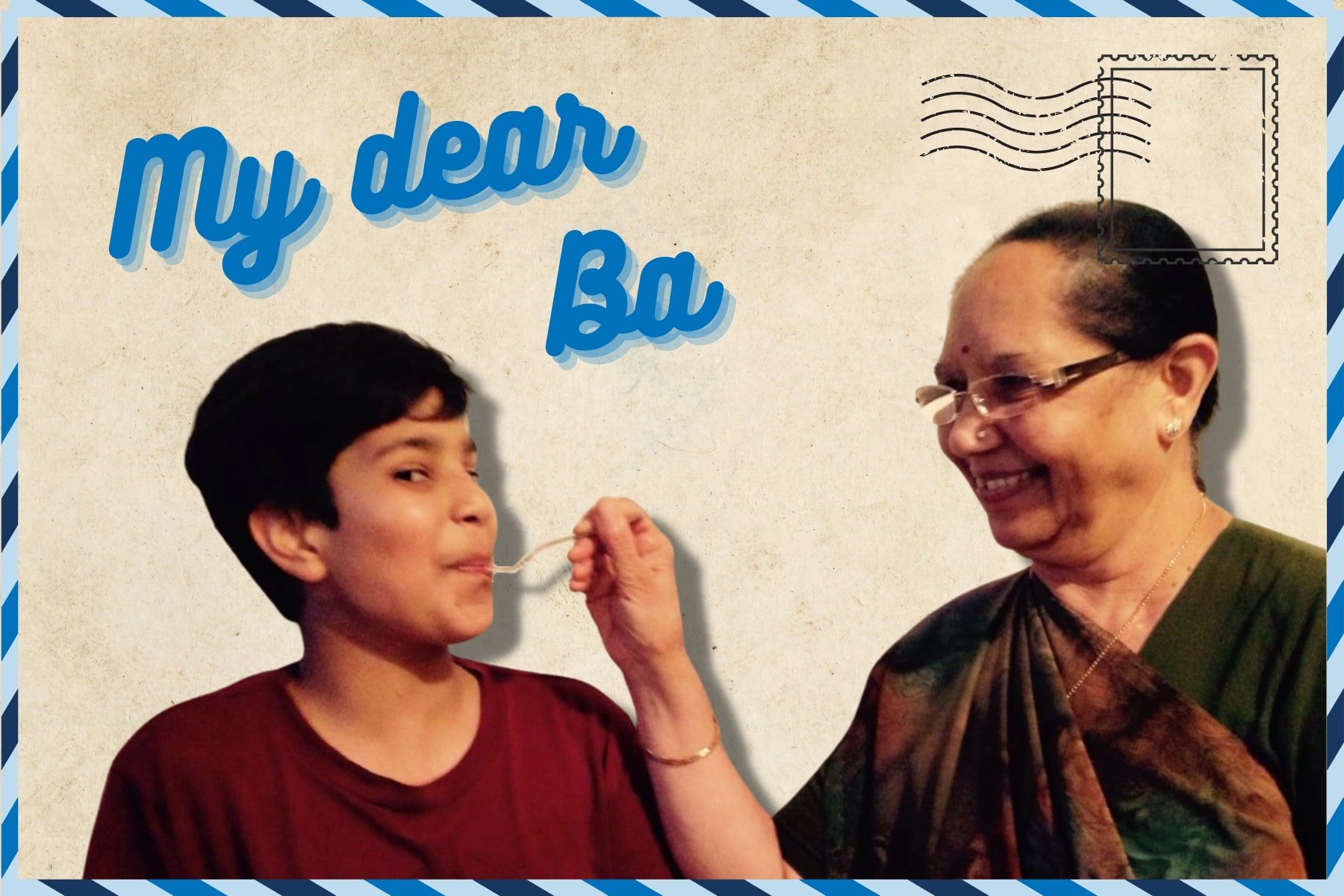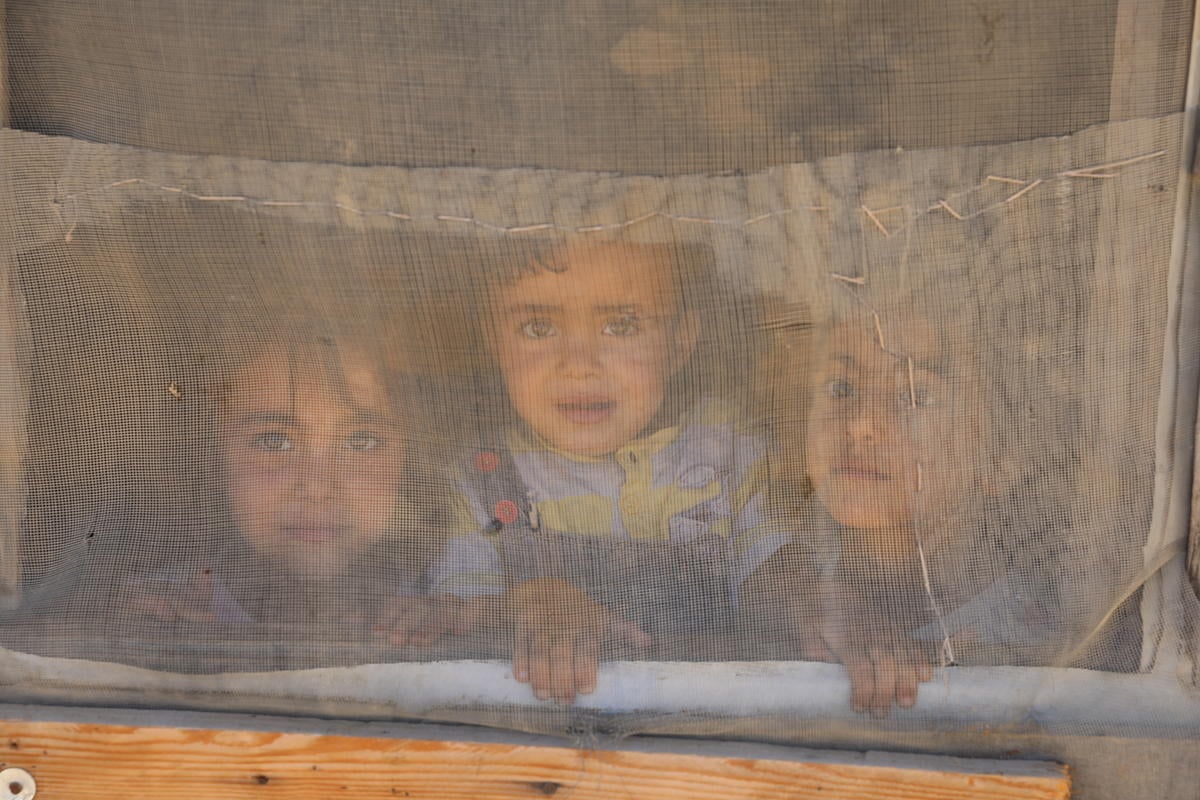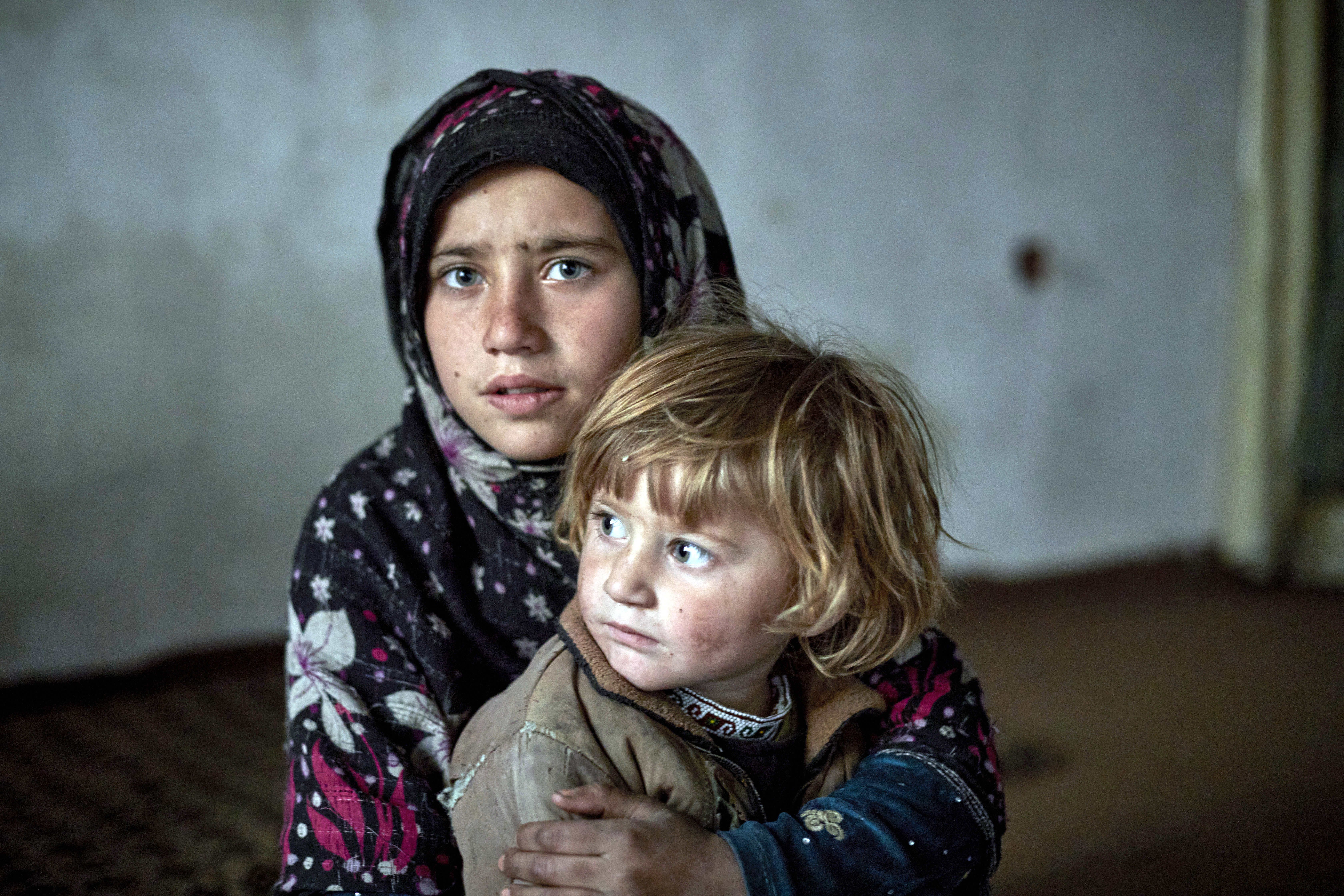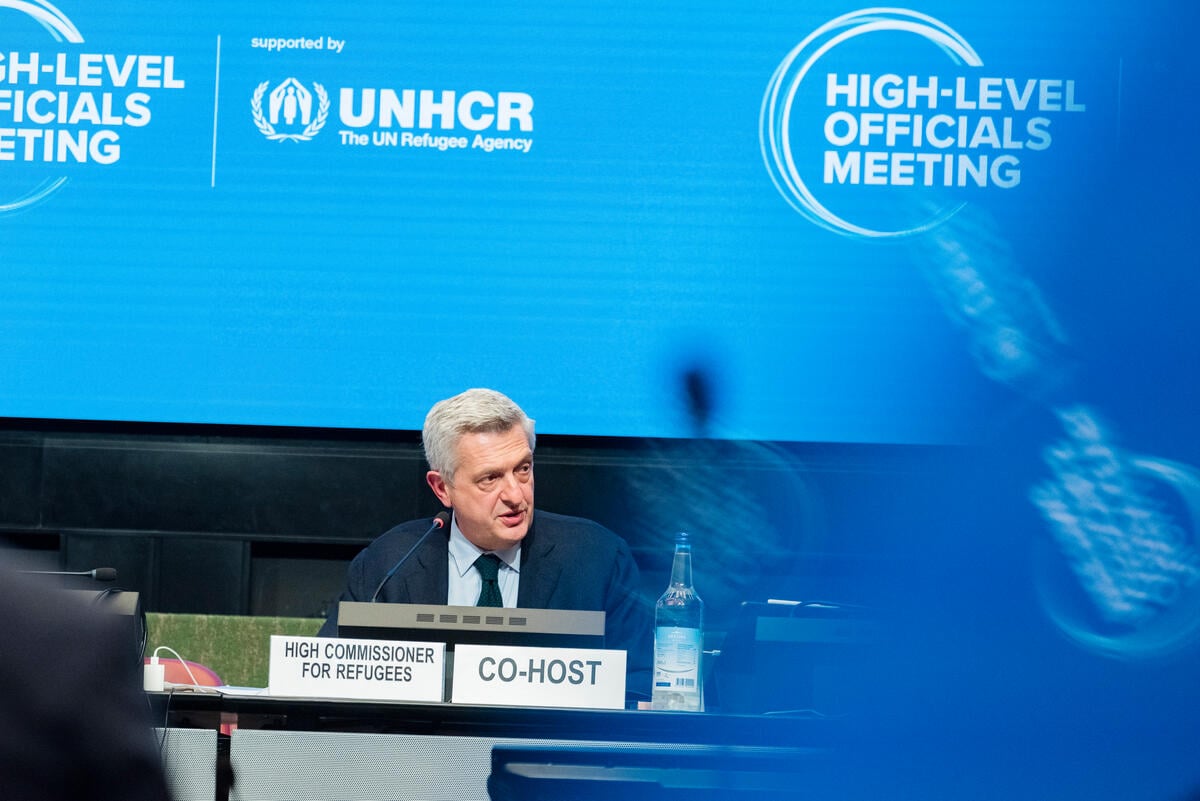Argentina and other South American countries opening their doors to refugees
Argentina and other South American countries opening their doors to refugees

BUENOS AIRES, Argentina, April 16 (UNHCR) - Mauricio* smiles as his young daughter plays with a cuddly toy in their small, cosy apartment in Buenos Aires. His wife Liliana* tells visitors excitedly about her hopes of working in a beauty salon. Only a small map of Colombia in a corner of the room hints at the suffering that Mauricio, Liliana and their three children have been through to get here.
The family are among a number of Colombians who are being resettled in third countries in South America after fleeing their country to escape an internal conflict that has left up to 3 million people internally displaced and hundreds of thousands in neighbouring countries.
Since the late 1990s, Argentina, Brazil and Chile have all started opening their doors to refugee resettlement, while Paraguay and Uruguay are expected this year to also start accepting small numbers of refugees referred by UNHCR because they cannot go back home or integrate in their host country. Refugees given a fresh start have mainly been from Afghanistan, Iraq and the former Yugoslav federation, but many of the recent arrivals are Colombian.
"The numbers of people arriving under the resettlement programmes are still small, but this is one way the countries in the region are demonstrating their commitment to help solve refugee problems," said Philippe Lavanchy, director of UNHCR's Americas bureau. "We expect to see these programmes grow steadily in the next few years," added Lavanchy, who discussed resettlement and other refugee issues with government officials in Argentina and Chile last week.
Mauricio and Liliana are happy to be among the beneficiaries of Argentina's resettlement programme, which makes it one of less than 20 countries worldwide that accept refugees for resettlement.
Colombia's long internal conflict first touched the lives of Mauricio and Liliana several years ago, when the family ran a food business in a small town in southern Colombia. They had to pay an irregular armed group part of the profits, but decided to leave for Bogota when faced with threats and the possibility that their teenage son would be forced to join a militia.
Mauricio set up an electrical appliances shop and the family felt safe for a while - until irregular armed groups came calling again, seeking a cut of the profits. In 2003, he could not take the threats any more and fled to Ecuador, where he was joined a few months later by Liliana and the children.
They made ends meet by selling goods on the streets, but all too soon Mauricio felt he was being followed. Then one of his daughters started being bullied at school and received head injuries when she was pushed down some stairs. Once again, life had become unbearable.
Mauricio approached the UN refugee agency and was offered resettlement in Argentina with his family. "The idea of being so far from Colombia filled me and the children with nostalgia, but Mauricio needed to leave so badly that we decided to make the move," Liliana recalled.
They arrived in Buenos Aires at the end of 2005 and despite help from UNHCR and its partner on resettlement, the Hebrew Immigrant Aid Society, they faced a tough first year due to serious medical problems suffered by Liliana. Her husband credits help from UNHCR and the Argentine medical system for saving her life.
But things are looking up and Argentina is offering them - and others - the peace and dignity that Colombia was unable to provide. A trained beautician, Liliana is gaining strength and has applied for a job in a beauty salon run by a fellow Colombian. Mauricio is waiting to hear from a construction company about a job. The three children are at school, with 17-year-old Manuel* thriving at his studies.
Within less than a decade, South America has made great strides in recognising the suffering of refugees - like this Colombian family - and offering to help them rebuild their lives. "Nobody can argue with the fact that today this corner of the world is one of the most sensitive to the plight of refugees," noted Lavanchy.
* Names changed for protection reasons
By Nazli Zaki in Buenos Aires, Argentina









